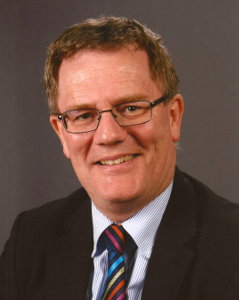Malcolm Riley (Staplehurst)

The Jim Lodge recital
Humoresque: Pietro Yon
Grave – Animato (1st movement of Sonata in C minor): Percy Whitlock
Allegretto (Sonata No 4): Felix Mendelssohn
Pièce Héroïque: César Franck
March Rustic Cavalry (Wessex Suite): Percy Whitlock
Interval
Cortège Académique: Ernest Macmillan
Andante: Samuel Sebastian Wesley
A Song of Sunshine: Alfred Hollins
Andante (No 1 of 3 Short Preludes): Edward C Bairstow
Elegy: George Thalben-Ball
Two Pieces: Malcolm Riley
Gavotte
Capriccio (Nuptiale)
Malcolm Riley is the biographer of Percy Whitlock, who in the past thirty-five years has unearthed not only the composer’s life story but also virtually all his music, much of which had been condemned to oblivion. And we see two sides to Whitlock in this recital: the noble first movement of his Sonata, as substantial as Elgar’s and equally wide-ranging. Then there is Whitlock’s lighter side: a march for Bournemouth Pavilion which shows him as the South West’s answer to Eric Coates. (NB the next recital, on 8 October 2017, contains the third movement, the Scherzetto, from Whitlock’s Sonata.)
Malcolm’s commitment to English music is shown in several ways: a substantial Andante by Samuel Sebastian Wesley, the father of modern cathedral music which was at a pretty low ebb when he began his career (he terrorised no less than four cathedrals into raising their standards). Then we have another terrifying cathedral organist, Sir Edward Bairstow, here in gentler mood, plus the much-loved Alfred Hollins whose career was launched when he was “discovered” in what is now Broadway Cinema, and the well-remembered George Thalben-Ball’s noble Elegy. Franck’s stormy Pièce Héroïque adds a continental dimension, while the American continent is represented on the one hand by Pietro Yon’s utterly delightful Humoresque and by Sir Ernest Macmillan’s bustlingly noble Cortège Académique on the other.
Malcolm is a composer too and ends with a pair of his compositions, the second of them composed for his own wedding (but wisely played at the time by someone else).
